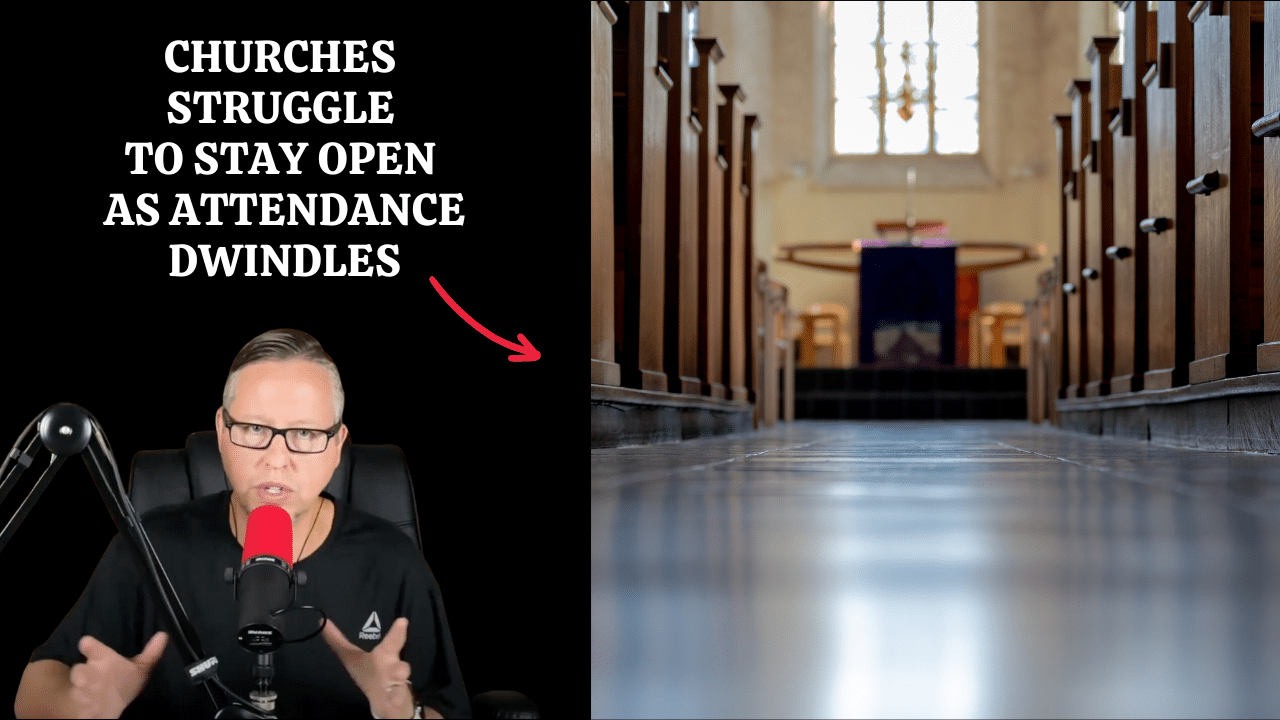The Washington Post has been rocked by a tidal wave of cancellations from digital subscribers and a series of resignations from columnists, as the paper grapples with the fallout of owner Jeff Bezos’s decision to block an endorsement of Vice President Kamala Harris for president.
More than 200,000 people had canceled their digital subscriptions by midday Monday, according to two people at the paper with knowledge of internal matters.
Not all cancellations take effect immediately. Still, the figure represents about 8% of the paper’s paid circulation of 2.5 million subscribers, which includes print as well. The number of cancellations continued to grow Monday afternoon.
A corporate spokesperson declined to comment, citing The Washington Post Co.’s status as a privately held company.
“It’s a colossal number,” former Post Executive Editor Marcus Brauchli told NPR. “The problem is, people don’t know why the decision was made. We basically know the decision was made but we don’t know what led to it.”
Los Angeles Times owner Patrick Soon-Shiong, shown in 2012, blocked his paper’s endorsement of Vice President Kamala Harris this month. His opinion editor resigned, calling the decision
Chief Executive and Publisher Will Lewis explained the decision not to endorse in this year’s presidential race or in future elections as a return to the Post’s roots: It has for years styled itself an “independent paper.”
Few people inside the paper credit that rationale given the timing, however, just days before a neck-and-neck race between Harris and former President Donald Trump.
Former Executive Editor Marty Baron voiced that skepticism in an interview with NPR’s Morning Edition on Monday.
“If this decision had been made three years ago, two years ago, maybe even a year ago, that would’ve been fine,” Baron said. “It’s a certainly reasonable decision. But this was made within a couple of weeks of the election, and there was no substantive serious deliberation with the editorial board of the







